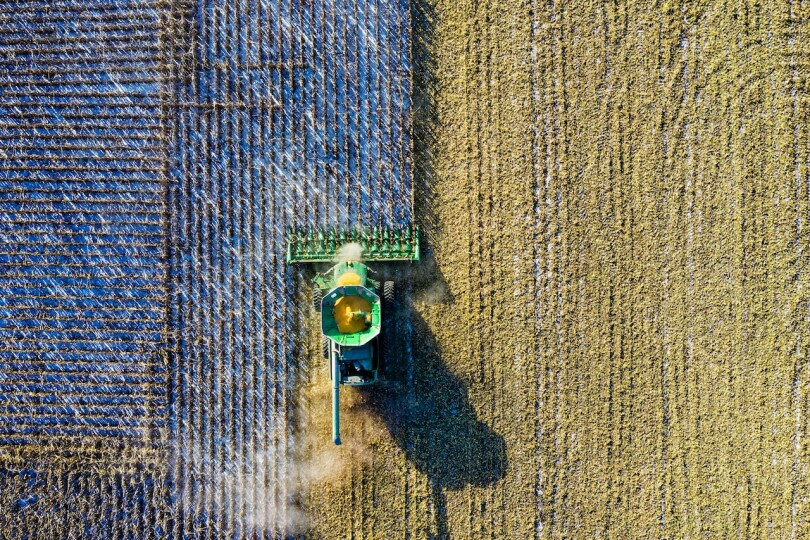3 Innovations from the International Horticultural Expo.
29 Apr 24
Enviro ChatThe Global News Source for the World of Science and Chemicals
01 December 2023
Enviro Chat
If scientific projections are correct, the global population will reach 10 billion by 2050. That will necessitate a 56% shortfall in food production and a 593-million-hectare land deficit in comparison to 2010 if growth continues only on a “business as usual” trajectory.
Clearly, much work is needed to ensure that everyone on Earth has enough food to eat in the coming decades – and data can help. With digital innovation able to bolster the amount of arable land, the efficiency of operations and the optimisation of our precious resources, it’s no surprise that it’s already being deployed in countries around the world. The UAE is one such pioneering nation keen to support agriculture through data.
The Abu Dhabi Agriculture and Food Safety Authority (ASAFSA) is in the process of implementing a dedicated programme of 50 AI solutions for the agriculture and food industries. By taking measurements of over 250 different metrics which quantify soil health, weather patterns and crop yields, the ASAFSA hopes to anticipate issues before they occur, take preventative and corrective action and thereby maximise the beneficial effects that AI can have on the sector.
At present, there are plenty of challenges to overcome in this regard. Authorities are often forced to undertake the onerous task of manual data collection and can scarcely depend on real-time data delivery, while in certain circumstances they must use projections or estimations when actual measurements are absent. Even when the data is present, its fragmentation across a wide spectrum of private and public entities can make coordination, assimilation and analysis a difficult endeavour.
Once the 50 AI solutions are in place, it’s hoped that they will help to iron out these issues and thus lead to a range of positive outcomes. These include enhanced efficiency of individual farms and companies, better use of precious resources such as water, land, pesticides and labour, reduced impacts on the environment and improved crop yields, as well as a better quality of life for livestock and for the farmers who care for them.
The UAE is often a leading proponent of such forward-thinking strategies and so it has proven once again – but it’s not the only country turning to data to improve its agricultural output. In India, the government is currently working hard on its Agri Stack ecosystem, which is intended to provide three registries for farmers, their land and the crops they cultivate.
Once operational, Agri Stack should help farmers access credit more easily, as well as making supply chains run more smoothly and connect them to customers on a wider scale.
At the same time, it will give farmers up-to-date information about weather forecasts and other meteorological information, as well as tailored insights and advice on crop choices, pesticide use, harvest times and more.
Meanwhile, neighbouring Bangladesh is looking to introduce its own Smart Agriculture Stack. This bespoke digital infrastructure will make use of Fourth Industrial Revolution (4IR) technologies to transform its agricultural sector, via the creation of baseline registries for dozens of datasets and the rollout of a data governance framework which can be applied across the nation.
DOWNLOAD PDF

2 Day Seminar Program
@ ArabLab+ 2024
24 & 25 September 2024
22 Apr 24
Lab ChatYour stay in Dubai
Labkit
Product News
Chemkit
Product News
Thinking about exhibiting at ARABLAB 2024? Watch our video to find out more.
Join the world’s leading organisations…
Join our mailing list and receive the ARABLAB newsletter and event updates.